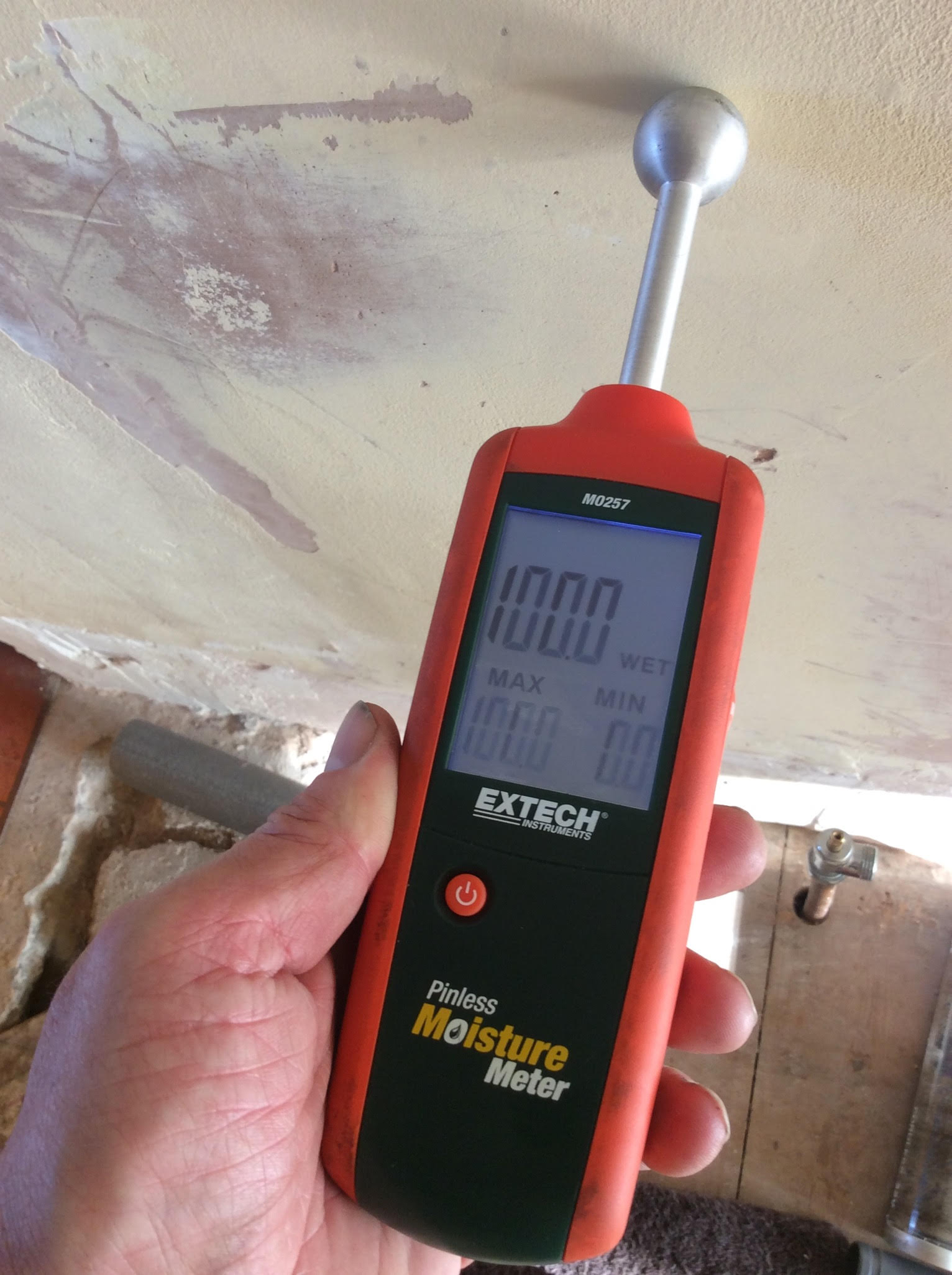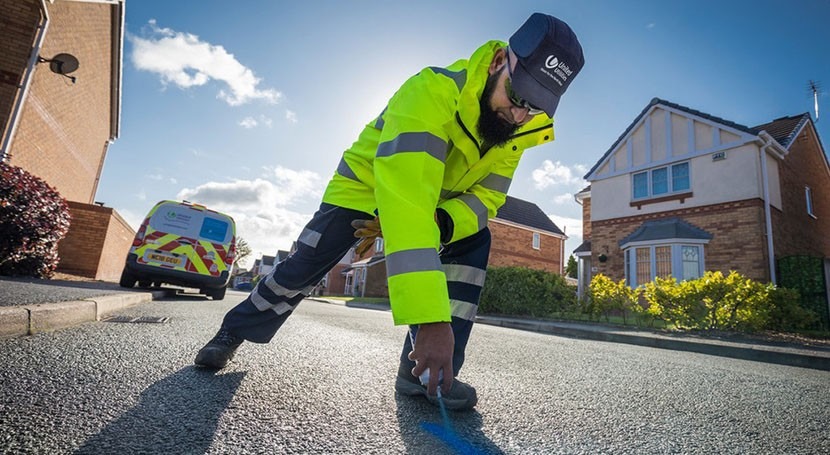Innovative Solutions for Very Early Detection of Water Leakages in Buildings and Framework
From cutting-edge leakage detection modern technologies to the implementation of IoT sensing units for real-time tracking, the landscape of leak prevention is developing quickly. Automated water circulation evaluation systems are improving just how leakages are recognized and attended to, paving the means for a proactive approach to water leak detection.
Advanced Leak Discovery Technologies
Advanced leakage detection modern technologies, furnished with advanced sensors and formulas, play a vital function in promptly recognizing and pinpointing water leakages in numerous settings. Electromagnetic sensing units can determine changes in electromagnetic areas triggered by water, providing yet another layer of leak detection capability.

IoT Sensors for Real-Time Tracking
In the world of modern water leakage detection, the assimilation of IoT sensors for real-time monitoring represents an essential advancement in improving aggressive leakage detection capacities. These sensors use constant monitoring of water supply, providing real-time data on water circulation rates, pressure variants, and temperature modifications. By leveraging IoT technology, these sensors can identify also the smallest abnormalities in water usage patterns, making it possible for early identification of prospective leaks before they rise into major problems.
IoT sensing units transmit data to a central system, where innovative formulas assess the info and produce informs or alerts when irregularities are found. This real-time surveillance ability permits residential or commercial property proprietors or center supervisors to immediately address leakages, minimizing water damage, decreasing repair service costs, and conserving water sources.
In addition, IoT sensing units can be integrated with building management systems, enabling for automated reactions to spotted leakages, such as shutting off water valves or turning on pumps to mitigate the effect of leaks. In general, the implementation of IoT sensing units for real-time monitoring substantially boosts the performance and effectiveness of water leakage discovery in structures and infrastructure.
Artificial Intelligence Algorithms for Leakage Forecast

One trick benefit of utilizing device learning for leakage prediction is its ability to continually discover and improve its precision gradually. As more information is gathered and fed into the formula, it can fine-tune its forecasts and adjust to changing problems, eventually increasing the integrity of leak discovery systems.
Additionally, artificial intelligence formulas can assist in identifying refined indications of leaks that might go unnoticed by traditional surveillance techniques. water leak detection. By evaluating intricate information embed in real-time, these formulas can offer more helpful hints early warnings and alerts, permitting timely intervention and precautionary maintenance to reduce possible water damage and associated costs
Making Use Of Thermal Imaging for Leak Discovery
Thermal imaging technology offers an appealing approach for detecting water leakages in numerous systems and infrastructures. By Read Full Report making use of infrared radiation and temperature differences, thermal imaging video cameras can recognize covert leaks that are not easily noticeable to the nude eye.
One of the essential benefits of thermal imaging for leak discovery is its non-intrusive nature. Generally, the use of thermal imaging technology improves the efficiency and accuracy of water leak detection, making it a valuable device for preserving the stability of buildings and facilities.
Automated Water Flow Analysis Equipments
How can computerized water circulation evaluation systems reinvent the detection and management of leakages in numerous systems and facilities? Automated water flow evaluation systems provide a proactive technique to leak discovery by continually monitoring water flow rates and patterns. By establishing standard information, these systems can rapidly identify discrepancies that might suggest a leak, allowing prompt treatment to avoid considerable damage.
These systems utilize innovative algorithms to analyze real-time data and offer immediate alerts when anomalies are spotted, allowing for swift action to be taken. Additionally, automatic water circulation analysis systems can be incorporated with structure monitoring systems or IoT platforms, improving overall performance and allowing remote monitoring capacities.
Moreover, the data collected by these systems can be made use of for anticipating upkeep purposes, assisting to identify prospective weak factors in the infrastructure before leaks take place. Overall, the execution of automatic water circulation evaluation systems can considerably boost leak discovery and management techniques, ultimately bring about cost financial savings, decreased water wastage, and enhanced sustainability in structures and framework.

Conclusion
Finally, the assimilation of look at this site advanced leak detection technologies, IoT sensors, artificial intelligence algorithms, thermal imaging, and computerized water flow analysis systems supplies ingenious services for early discovery of water leaks in structures and framework. These modern technologies enable real-time monitoring, forecast of leaks, and effective detection methods to stop water damage and wastefulness. Carrying out these services can aid in maintaining the stability and sustainability of water supply in various setups.